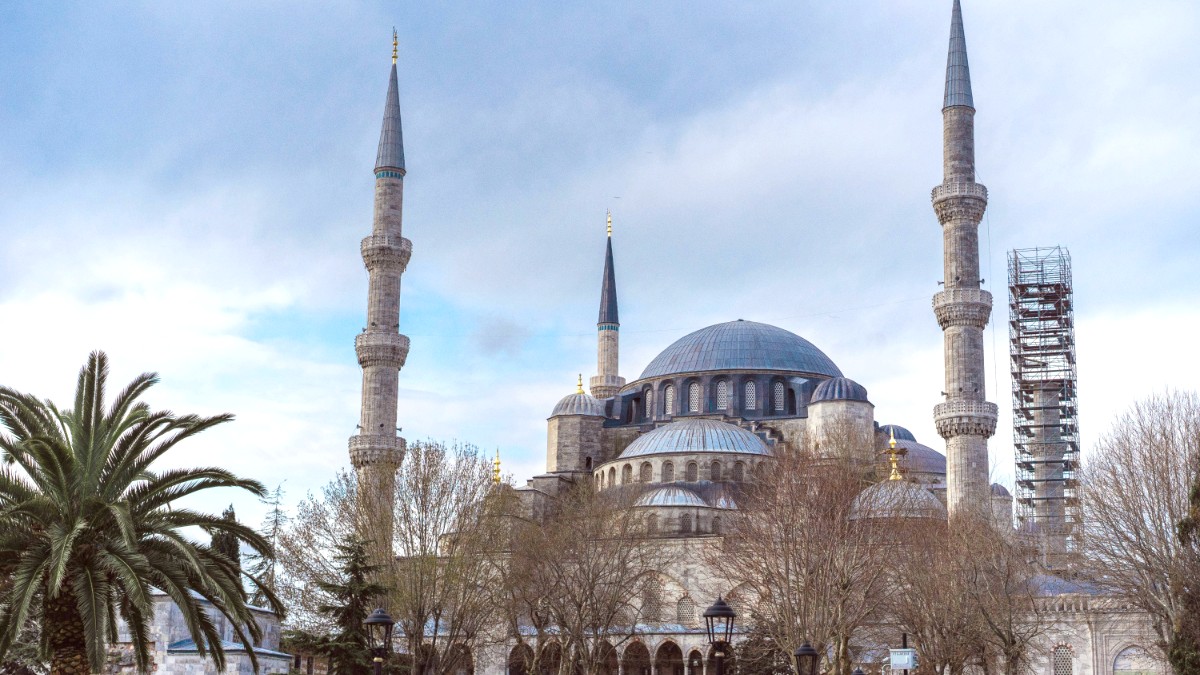
Istanbul, Turkey
Istanbul includes urban parks and green areas like the expansive Belgrade Forest, a green lung for the city.
While recycling infrastructure exists, it is not as widespread as in some Western countries. Reduce waste, especially single-use plastics.
Turkey can experience water stress, especially during warmer months. Be mindful of your water usage in accommodations, taking shorter showers.
Support environmentally conscious options during your visit.
Research hotels with environmental certifications or those that actively promote sustainability practices.
Choose tour operators that emphasize responsible tourism, prioritize local communities, and respect natural environments.
Consider donating to carbon offset programs to mitigate the environmental impact of your flights.
To minimize environmental impact, carry a reusable water bottle and fill it with bottled water, or use a filtered bottle.
Support businesses that prioritize ethical sourcing and sustainable production.
Learn about and contribute to global conservation initiatives for rainforests.
Support Rainforest ConservationLocal wisdom is valuable for navigating Istanbul's unique culture.
Many historical sites in Sultanahmet, including Hagia Sophia, the Blue Mosque, and Topkapi Palace, are actively preserved by the Turkish Ministry of Culture and Tourism, often with UNESCO support.
Dress modestly when visiting religious sites or conservative areas. This shows respect for local customs and beliefs.
Be aware of these potential errors to ensure a smooth journey.
In bazaars, always bargain politely. It is part of the culture.
Stick to bottled water for drinking to avoid potential stomach upsets.
Esnaf lokantası (tradesmen's restaurants) offer delicious, authentic, and affordable home-style Turkish food. Seek them out.
Support the local economy and contribute positively to the communities you visit.
Actively support local artisans by purchasing goods directly from workshops rather than mass-produced items. This preserves traditional crafts and provides direct income to local families.
Dine at local "esnaf lokantası" (tradesmen's restaurants) and small, family-run cafes. These places offer authentic experiences and funnel money directly into the local economy.
Hire local guides for tours. Their knowledge offers insights, and their fees support local livelihoods.
Direct contributions to established charities or NGOs ensure your donation makes a meaningful impact.
Giving directly to beggars can sometimes perpetuate cycles of poverty or exploitation. Supporting organized efforts is better.
Seek out organizations working on long-term development or social welfare projects for lasting benefits.